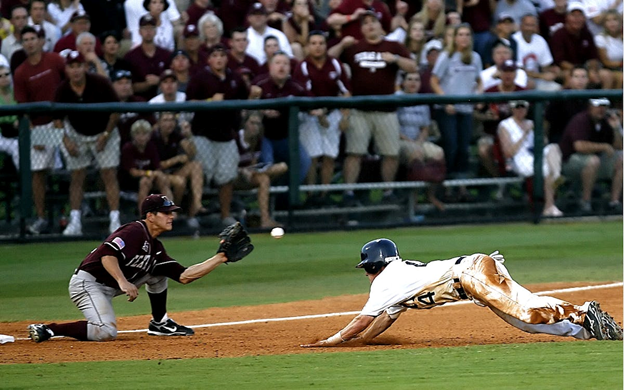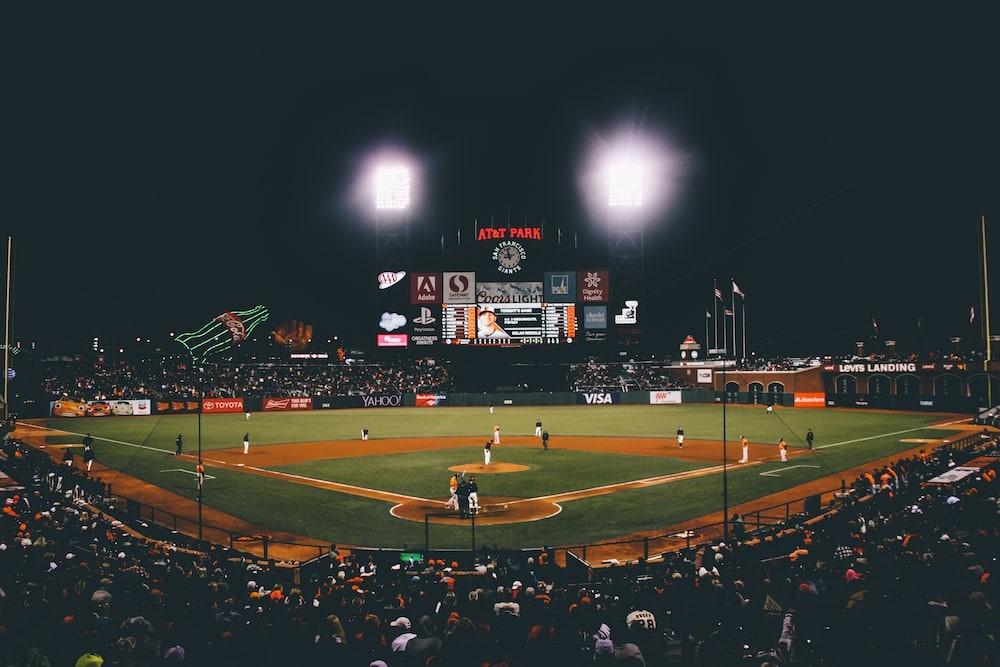The legacy of Negro League Baseball resonates through the annals of American sports history as a testament to resilience, talent, and the pursuit of equality. Today, decades after the integration of Major League Baseball, the impact of the Negro Leagues remains indelible. In this article, we explore how the legacy of Negro League Baseball is honored in modern times, recognizing its profound influence on the game and society as a whole.
Historical Significance:
Negro League Baseball emerged as a response to racial segregation, offering African American players a platform to showcase their skills at a time when they were barred from participating in Major League Baseball. From the 1920s to the 1940s, the Negro Leagues thrived, featuring legendary players like Josh Gibson, Satchel Paige, and Cool Papa Bell. The eventual integration of the Major Leagues in 1947 marked a watershed moment, ending the era of segregated baseball.
If you want to learn more about baseball teams, read Steve Dunn’s "Pug Fireball and Company: 116 Years of Professional Baseball in Des Moines, Iowa". You can also visit Iowa Baseball History.
Preserving the Legacy:
While the Negro Leagues may no longer be active, efforts are underway to preserve and honor their legacy. The Negro Leagues Baseball Museum, located in Kansas City, serves as a repository of history, showcasing artifacts, memorabilia, and stories from this pioneering era. The museum not only educates visitors about the challenges faced by Negro League players but also celebrates their triumphs and contributions to the sport.
Negro League Tribute Games:
Modern baseball pays homage to the Negro Leagues through tribute games, where teams don replica uniforms of Negro League teams to honor the legacy of the players. These special games serve as a bridge between the past and present, fostering awareness and appreciation for the historical significance of the Negro Leagues. Fans witness their favorite teams paying respect to the pioneers who paved the way for diversity in the sport.
Retired Numbers and Memorials:
Several Major League Baseball teams have taken steps to immortalize the legacy of Negro League players by retiring their numbers or erecting memorials within their stadiums. This serves as a constant reminder of the contributions made by these athletes and ensures that their impact is not forgotten. The recognition extends beyond the field, acknowledging the social and cultural significance of Negro League Baseball.
Statistical Recognition:
In 2020, Major League Baseball made a historic announcement by officially recognizing the statistics and records of the Negro Leagues. This decision was a significant step in acknowledging the talent and accomplishments of the players who competed in the Negro Leagues. It brought a sense of validation to the athletes who had been excluded from the mainstream baseball narrative for so long.
Educational Initiatives:
Educational initiatives have been launched to integrate the history of Negro League Baseball into school curriculums. By educating the younger generation about the challenges faced by African American players during this era, these programs aim to foster a greater understanding of the broader societal issues tied to the sport. The goal is to instill a sense of appreciation for diversity and inclusivity in baseball and beyond.
Legacy Games and Community Engagement:
To further honor the legacy of Negro League Baseball, legacy games are organized where communities come together to celebrate the history and culture surrounding the sport. These events often include educational programs, guest speakers, and community engagement activities that highlight the impact of Negro League Baseball on both sports and society.
The Impact on Player Development:
The legacy of Negro League Baseball has had a profound impact on player development and scouting practices. The recognition of overlooked talent from the Negro Leagues has prompted a reassessment of how talent is identified and cultivated in modern baseball. As a result, there is a greater emphasis on inclusivity and providing opportunities for players from diverse backgrounds.

Conclusion:
Negro League Baseball's legacy lives on in the hearts of fans, players, and communities across the United States. The efforts to honor this legacy in modern times extend beyond mere gestures, encompassing educational initiatives, statistical recognition, and community engagement. By remembering and celebrating the pioneers of the Negro Leagues, we not only pay tribute to their contributions to the game but also contribute to a more inclusive and diverse future for baseball. The legacy of the Negro Leagues is not confined to the pages of history; it continues to shape the narrative of baseball and inspire generations to come.





